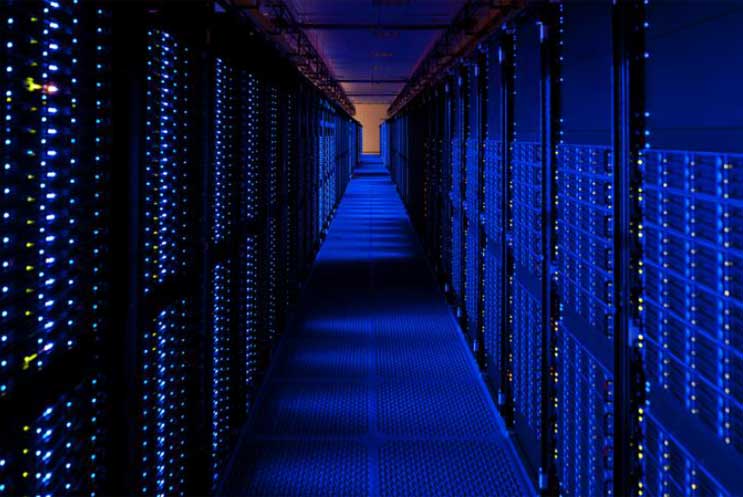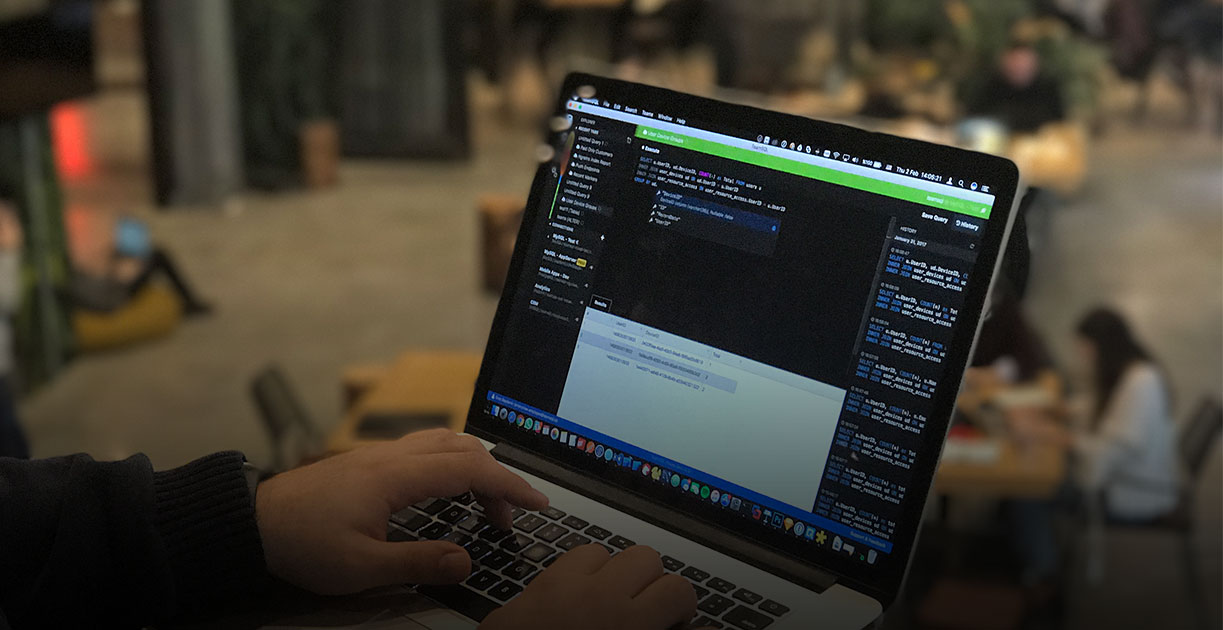
Choosing between AWS RDS MySQL and Self Managed MySQL EC2
The Amazon Web Service (AWS) products AWS EC2 and AWS RDS comes with sophisticated technology features and capabilities that serve the needs for Web based computing and storage efficiently. When coming to the decision making process for selecting between AWS RDS and the self managed AWS ECS or any independent MySQL DBaaS for your MySQL database needs, there are some prominent factors to consider. These factors are crucial and affect the operational and economic aspects of your database deployment. This article provides a comprehensive overview of both products to help you understand the distinction between them for making a suitable and cost-effective decision.
Read more
Galera Cluster for MySQL and MariaDB
Galera Cluster for MySQL is a MySQL multi-master cluster setup that uses the Galera Replication Plugin. The replication is synchronous so that any changes happened at any one master node is immediately replicated to other master nodes as broadcasted transaction commits. This synchronization provides high-availability, high up-time and scalability. All master nodes in the cluster are available both READS/WRITES. The Galera Replication Plugin provides automatic node control to implement dropping of failed nodes from the cluster and rejoining recovered nodes back to the cluster. This prevents data loss and clients can connect to any node, as decided by the Replication Load Balancer. Since changes are synchronized between all nodes, unlike conventional replication, there is no slave lag, lost transactions and client latencies are kept at a minimum level.

MySQL Server Replication Implementation
In the previous article of this series – Advantages of MySQL Server Replication, we have discussed the concept, basics and advantages of MySQL Server Replication. In this article, we will be seeing how to setup and implement a well configured MySQL master-slave replication for scalability and performance.
Read more
Advantages of MySQL Server Replication
Replication is a powerful feature in-built in MySQL Database Server. In replication data from the primary server (Master) is copied to one or more secondary servers (Slaves). The shared data can be all databases, a subset of databases or even tables only. This data replication is asynchronous, means that, slaves need not maintain connection to master all the time to synchronize data and request the latest version of data anytime they are configured to.
Read more
Tools for Database Management. TeamSQL.
We continue to talk about tools for working with MySQL databases. In our reviews we test management and monitoring systems as well as other programs that will be useful for you to work with databases. Today we will consider a project called TeamSQL that has recently appeared on the market.
Read more
Performing Backup of a Live MySQL Database using mysqldump
Live MySQL Backup without Locking Tables
Mysqldump client utility is the easiest and favorite tool for DBAs to backup a MySQL database. It supports numerous options to configure the backup such as type of backup format, what to backup, how to deal with key constraints, how to deal with transactions etc. The output of a mysqldump backup operation is named as a dump file and it can be restored to recreate the backed up database. The dump files can be in formats like CSV, tab-delimited, SQL, XML etc. The dump file can be further compressed using a suitable compression utility like Tar, Gzip, XZ, Bzip2 etc to reduce the dump file size to make it easier for storage and transfer.
Read more
Is Docker Perfect for Databases?
Docker – a Revolutionary Container Platform
Before going into the analysis, let’s have a brief idea about Containers and Docker. A Container is an executable package of software designed to provide an isolated environment for applications to run in a host server. They have all the necessary code, runtime, libraries etc. to provide a safe environment for the application software. Prominent enterprises like Uber, Facebook, Google etc are using Containers in a very high scale. Docker is a software container platform and is used to create container units on host machines. Many such units share the host’s OS, RAM, Processor and other resources. Disk usage is minimized by sharing filesystem layers and common files. Docker containers help in many aspects for Software Lifecycle, starting from development to deployment and implementation. It provides an agile continuous integration platform with isolated units for development teams, with development, test and production environments. It makes a server compatible for a wide variety of software applications that have different dependencies. Docker makes the host platform portable and distributed by virtue of its self sufficient and isolated container feature. All these come along with reduced need of computing power and space, since Docker Containers use the same Kernel in a host, rather than VMs using separate guest OS.
Read more
MySQL Backup and Restore Methods
It is important from an administrative and operational point of view to safeguard your data and database from all kind of risks. Applying this to a MySQL database, it has lot of challenges to overcome and survive – so that the data associated with it is safe, with precise data integrity and genuineness over time. As like any software applications, a MySQL database is also facing threats and challenges in the below forms:
- Hardware and software failures
- Operating system/File system crashes
- Data corruption and deletion
- Database upgrades and data corruption
- Etc.